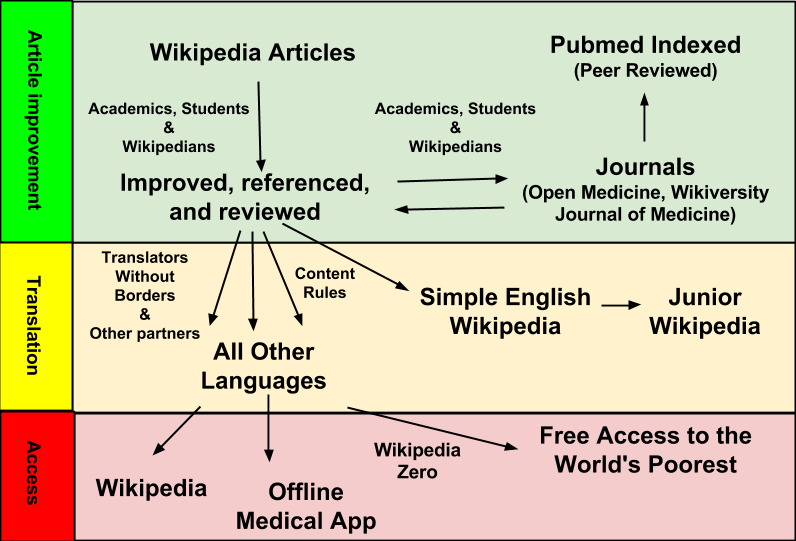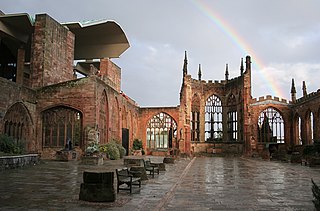October 25th, by Hasina Khatun

So, the time has come for me to say goodbye to Wikimedia UK. Being WMUK’s second ever intern has been an amazing journey from taking over where Isabelle (first ever intern) left off, to taking on new challenges with the team.
Working with the team here has certainly taught me a lot. The optimistic atmosphere in the office is great. I am very impressed by the attitude of the staff, no matter what they have to overcome.
My first week started off with the GlamCamp weekend. This was a brilliant opportunity for me to see knowledge being spread across different institutions, within and beyond the UK. I met many different people who are involved with Wikipedia and make such interesting contributions.
Throughout the past seven weeks at Wikimedia UK, I have helped Daria with various tasks related to events. One of the biggest and most important challenges by far was choosing the best cake for the Ada Lovelace Event at the Royal Society Library. The whole event was certainly a success – as the reaction on social media shows! I must say it was a brilliant choice (the event, not just the cake, of course!).
Another exciting event which I am working on to be enjoyed by the Wikimedian community is the Wikimedia UK birthday party! I hope that everyone will come along to enjoy themselves and reflect on the progress which has been achieved in the last few years. I am aiming to make it as nice as possible to show my appreciation to everyone I met throughout my time here. It would be great if everyone can make it to the November meet up on the 11th and enjoy not only the company of their fellow Wikimedians, but to celebrate such an exciting occasion.
Reflecting on my different tasks, I have learnt a lot about governance and transparency at Wikimedia UK. This is due to all the data handling I have been involved in. I have seen the importance of keeping track of all the expenses with Richard – not only have I maintained hard copies but online files as well. Katherine has also given me an insight to the ongoing generous amount of gift aid Wikimedia has received. I have helped sort out gift aid claims to ensure we’re up to date and ready for any regulating which may occur.
My involvement at the Imperial College Freshers’ Fair was a fun experience. I saw how students are keen to get involved and edit together. The Freshers’ Fair was a successful day for the Wikipedia Society as there were a lot of new sign-ups. This positive outcome was certainly something to blog about and with the help of Stevie, I managed to put up a summary for everyone to read.
I have also been involved in the recruitment of a new member of staff, which has been a very long process! Jon and I have heard from a great many people interested and it‘s great seeing such a large amount of people wanting to work for Wikimedia UK. Overall, my internship has been very instructive as I had a chance to work with everyone at Wikimedia UK and get insights to the different aspects of how the charity is run.
Finally, I would just like to thank everyone at Wikimedia for welcoming me and helping me throughout my time here. I have learnt a lot from each member of staff and am humbled by how genuinely nice and patient they have been with me.








